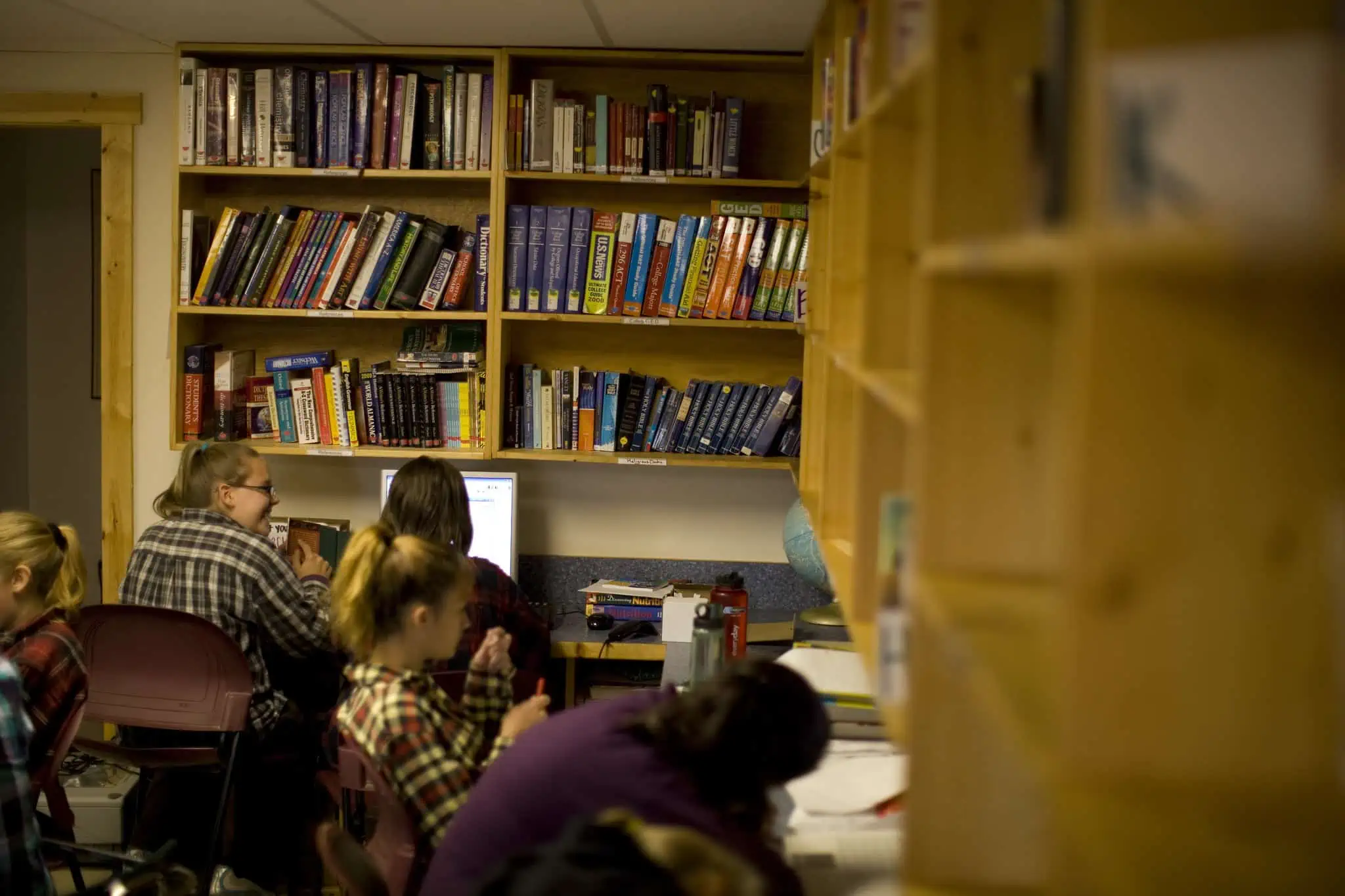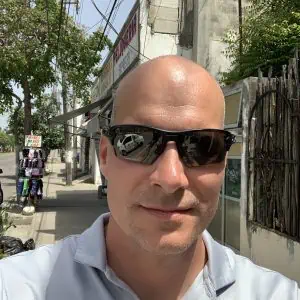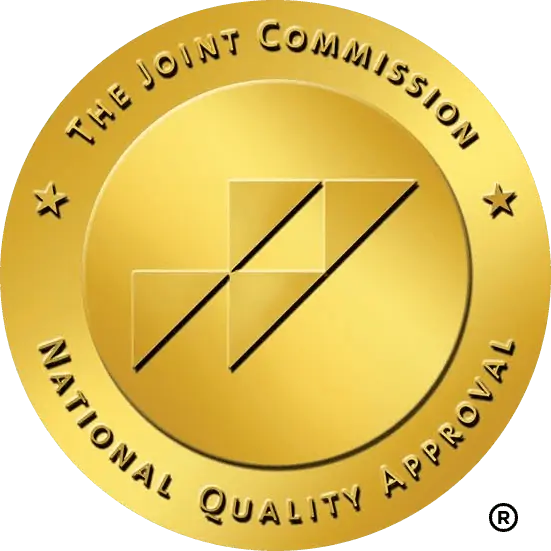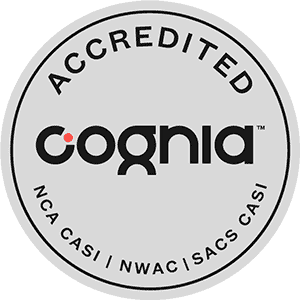Many parents of children requiring treatment for a mental health condition or substance misuse issue are concerned about the impact on their child’s education. A good education is important for personal growth and future employment. It can help students improve their self-image and self-confidence and offer different tools for problem-solving. It can stimulate mental agility and help make good life decisions.
As a residential treatment center with a strong academic program, Turning Winds offers a full continuum of care for teens with mental health issues. Our clients achieve success through a combination of therapeutic and educational approaches that together provide the best possible outcomes.
All of our teachers are fully credentialed, and bring extensive training and experience to their roles. One of them is science teacher Cathy Miller. She is applying her twenty years of teaching experience to bring excellence into the academic portion of the Turning Winds program.
Cathy arrived in Troy, Montana three years ago. “It’s the most beautiful part of the United States, and I’m working with young people that I hadn’t had much opportunity to work with yet,” she says. “I fell in love with it. It was just amazing. I knew it was right. It’s been wonderful since.”
One important question on the minds of many parents is whether their kids will be able to return to the same school after they are finished with treatment. “One of the most important parts of my job is to make sure that when students are returning home, and they’re going back to the same school they were in before or maybe even a different school, that it is a seamless transition.”
The first thing the team does is look at the transcripts of each new client. “Most of our students come in with gaps in their education, simply because they haven’t been consistent in their school attendance,” explains Miller. “We identify those gaps and immediately start filling in the holes.”
Often, that means doing a lot of catch-up work, especially in math and science. “Toward the end of their time here, we work really closely with the parents to make sure they are ready for wherever they’re going back to when they transition out,” says Miller. “We often also talk with the school they’re moving to in order to give them everything they need to be prepared.”
Focus on Learning
Clients at Turning Winds do not just learn the academic material, though—they also learn how to focus on learning itself. “Many of the kids are coming to us because of their substance misuse, or addiction to electronic devices, or something else that interferes with their progress at school,” says Miller. “So when they’re here, they’re fasting from all of those things that distracted them. Many kids say they didn’t know it was so easy to learn because they were always distracted, or not in attendance, or their minds weren’t there, because they had other stuff going on.”
Turning Winds students can rely on a lot of help to catch up academically. “With the teacher-student ratio we have in our school, we’re able to work very closely with the students,” explains Miller. “So if they are used to failing, we’re able to do direct instruction, especially in math. Many of the kids really need us to sit by their side and teach them directly, step by step. And then back off a little so they can learn and practice and make sure they understand and then be right there again for the next step. That kind of support just isn’t available in public schools.”
Positive Environment
No distractions, capable teachers, and positive reinforcement—it’s the kind of atmosphere in which most students excel. “We routinely praise our young people. We make sure we let them know when they did really well. Or even compared to what they did before—usually there’s a vast improvement.”
But Cathy Miller also factors in that her students are at Turning Winds to heal mentally. “The most important thing to me for these young people is the therapeutic side of things. They’re not here because we have the most amazing, private academic school in Montana. They’re here because they need therapeutic help.” We are able to complement the therapeutic process seamlessly because we work so closely with the clinical team.
At Turning Winds, it’s the people who make the difference—teachers, clinicians, residential advisors, administrators, and students. Over the course of more than twenty years, we’ve built a team of some of the world’s finest academic and therapeutic professionals, all of whom share the same goal: to help teens re-engage meaningfully with their lives, families, and their futures.
Contact us online for more information, or call us at 800-845-1380. If your call isn’t answered personally, one of us will get back to you as soon as possible.

